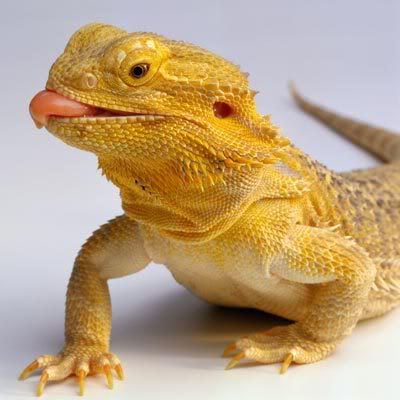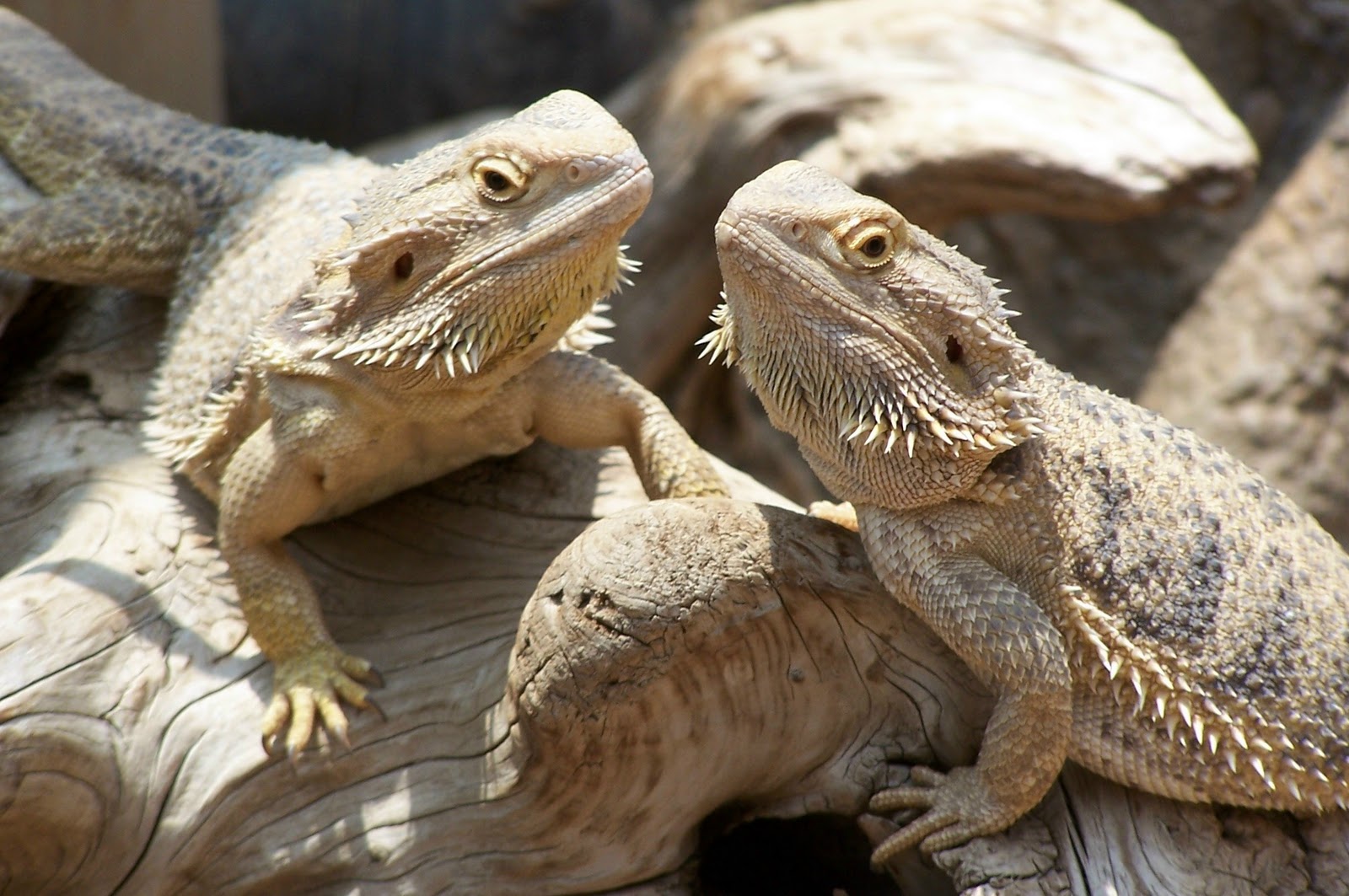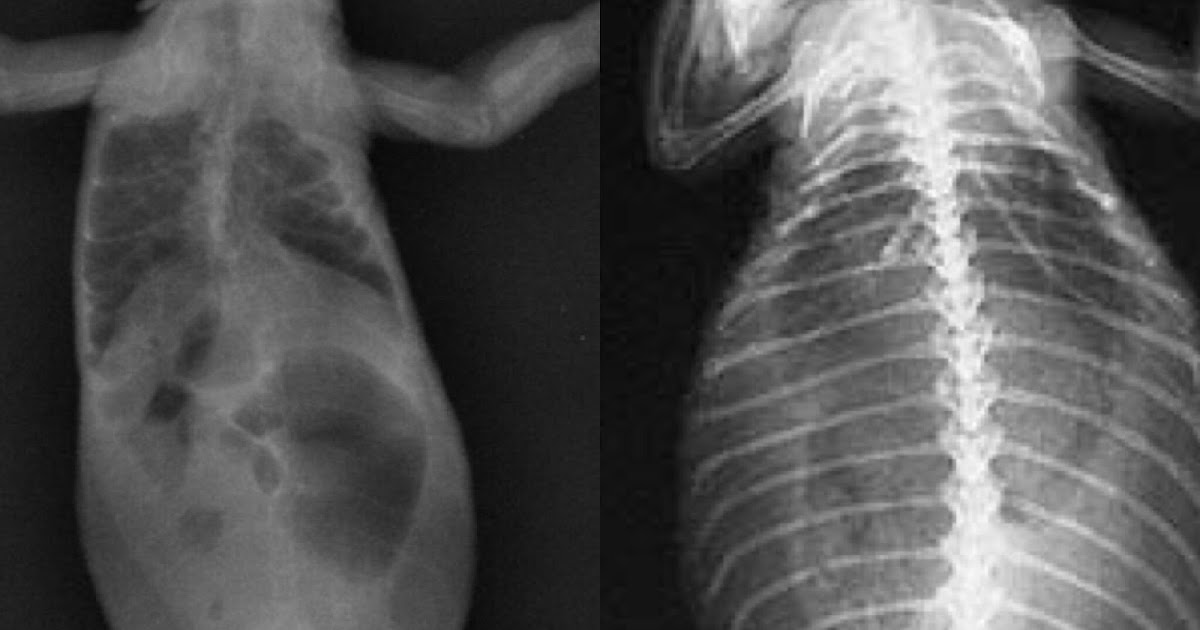Bearded Dragon Menu: What to Feed Your New Pet
Bearded Dragon Menu: What to Feed Your New Pet
Congratulations on becoming a bearded dragon owner! These fascinating creatures make excellent pets but require proper care to thrive in captivity. One crucial aspect of caring for your new pet is providing a healthy diet. In this guide, we’ll cover everything you need to know about the bearded dragon menu.
What Do Bearded Dragons Eat?
Bearded dragons are omnivores, meaning they eat both plant and animal matter. In the wild, their diet consists of insects, fruits, and vegetation. In captivity, it’s essential to recreate this balanced diet to ensure your pet’s health and wellbeing.
Protein Sources for Bearded Dragons
A significant part of your bearded dragon menu should consist of protein sources. Insects like crickets, mealworms, and waxworms are excellent sources of protein. However, be sure to gut-load them before feeding them to your pet. Gut-loading refers to feeding the insects nutritious food to enhance their nutritional value.

Other protein sources include cooked chicken, turkey, and beef. It’s essential to avoid feeding your pet raw meat, as this can cause digestive issues.
Fruits and Vegetables for Bearded Dragons
Bearded dragons also require fruits and vegetables in their diet. Leafy greens like collard greens, kale, and bok choy are excellent sources of vitamins and minerals. Other suitable vegetables include squash, sweet potato, and carrots.

When it comes to fruits, bearded dragons enjoy berries, melons, and grapes. However, fruits should make up a small portion of their diet, as they contain high amounts of sugar.
Supplements for Bearded Dragons
Even with a balanced diet, bearded dragons may require supplements to ensure they’re getting all the necessary nutrients. Calcium and vitamin D3 are two essential supplements for bearded dragons, as they help maintain healthy bones and prevent metabolic bone disease.

Supplements should be dusted on insects or sprinkled on vegetables before feeding them to your pet. Be sure to follow the manufacturer’s instructions for proper dosage.
Foods to Avoid
While many foods are suitable for bearded dragons, some should be avoided. These include:
- Avocado - toxic to bearded dragons
- Rhubarb - contains oxalic acid, which can bind calcium and cause health issues
- Spinach - contains high levels of oxalic acids
- Fireflies - extremely toxic to bearded dragons
Feeding Schedule
Bearded dragons should be fed daily, with insects making up 30-50% of their diet. Vegetables and fruits should make up the remaining portion of their diet. It’s essential to vary the diet regularly to prevent nutrient deficiencies and boredom.
Conclusion
Providing a healthy and balanced diet is crucial for the health and wellbeing of your bearded dragon. By following this bearded dragon menu, you can ensure your pet is getting everything they need to thrive in captivity. Remember always to provide fresh, clean water, and consult with a veterinarian if you have any concerns about your pet’s health.
